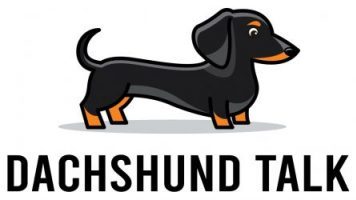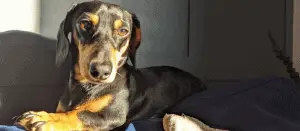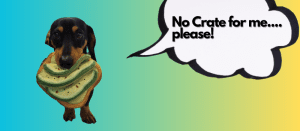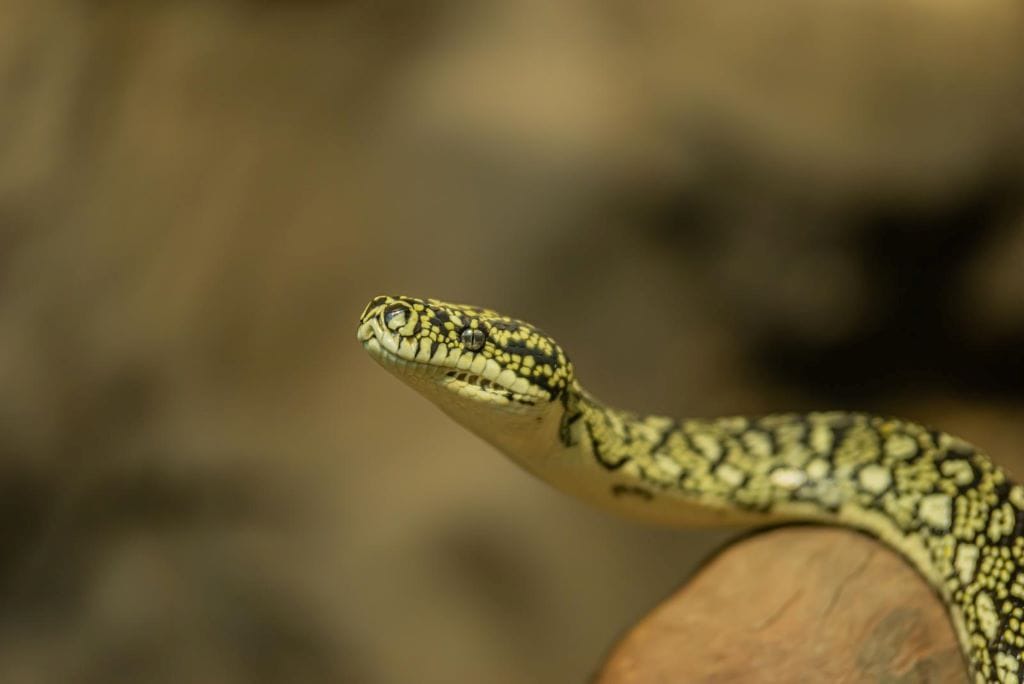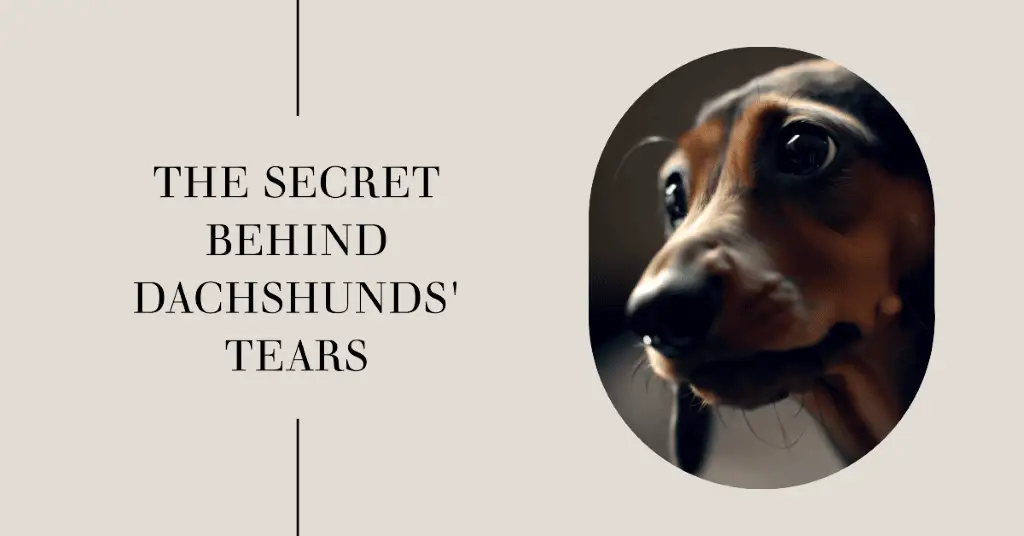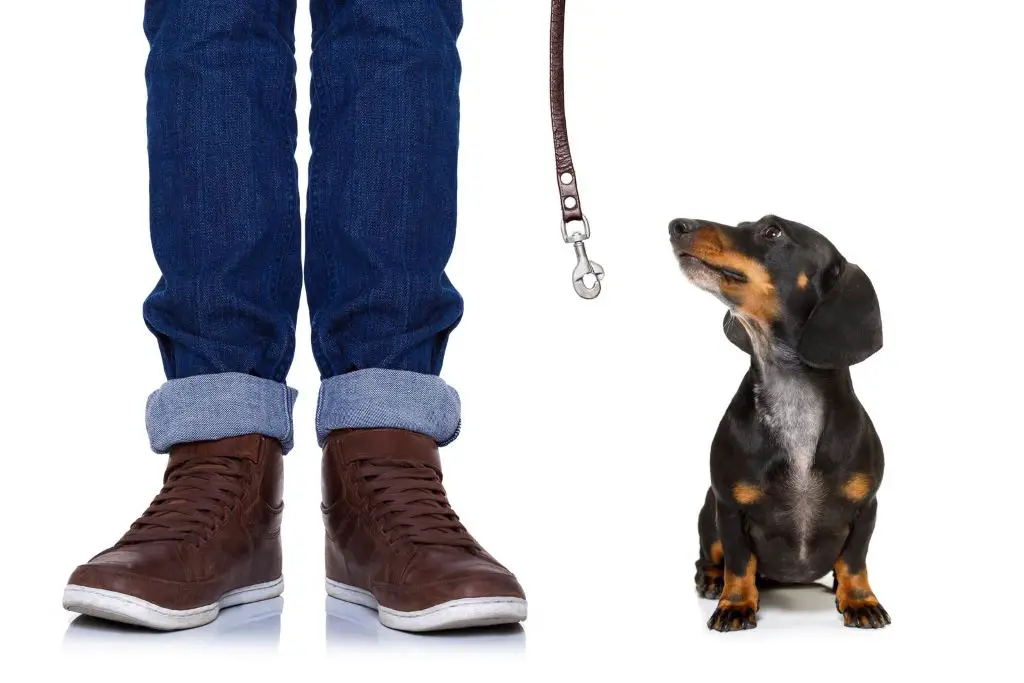When it comes to our furry friends, we always want to make sure that they are taken care of and have everything they need. But with so many conflicting opinions on what dogs can and cannot eat, it can be hard to know what is best for them.
In this blog post, we will explore the question of whether or not dogs are allowed Nutella.
As some of you may be searching for this post for a quick answer: the answer is NO, dogs are not allowed to have Nutella.
My Dog Ate Nutella. What Should I Do?
If your dog ate Nutella, you should call your veterinarian right away. Nutella contains cocoa, which can be toxic to dogs in large quantities. Your vet will be able to tell you if your dog needs to be seen and treated.
What is Nutella, and what are its ingredients?

Nutella is a sweetened hazelnut cocoa spread. It was created in 1964 and has become increasingly popular in recent years.
The main ingredients in Nutella are sugar, palm oil, hazelnuts, cocoa powder, skimmed milk powder, whey powder, and vanillin. This can vary from country to country.
Why is Nutella bad for dogs?
The main ingredient that is bad for dogs is cocoa which is toxic to them. The theobromine in cocoa can cause an increase in heart rate, seizures, and even death in dogs (if consumed in high quantities). This also depends on the size of the dog, with smaller dogs being more susceptible to the effects of cocoa.
While sugar is not toxic to dogs, it is not good for them either and can lead to weight gain and other health problems.
Another ingredient that is bad for dogs is palm oil which can cause digestive issues.
Can Nutella Kill a dog?
The simple answer is yes; if a dog consumes enough Nutella, it can be fatal.
As we mentioned before, cocoa is toxic to dogs and can cause an increase in heart rate and seizures. If a dog consumes too much cocoa, they may experience these symptoms which can lead to death.
Even though the cocoa contents in Nutella are a lot less than you would find in chocolate, it is still enough to be harmful (or even fatal) to dogs.
So how much Nutella would a dog have to consume to be at risk? This varies depending on the size of the dog and how much cocoa is in the Nutella. For example, a small dog would only need to consume a few tablespoons of Nutella to potentially be at risk, whereas a large dog would need to consume a lot more.
If you are concerned that your dog has consumed Nutella, then it is best to be on the safe side and call your vet.
Is Hazelnut toxic to dogs?

Hazelnuts are risky because of mycotoxins and are best to be avoided.
Mycotoxins are poisonous substances that are produced by certain types of fungi.
They can grow on hazelnuts and other nuts, grains, and foods. When consumed by animals, mycotoxins can cause a range of health problems, including liver and kidney damage and gastrointestinal issues.
So while hazelnuts are not toxic to dogs, they are best to be avoided.
Is Nutella Poisonous to Dogs?
The only poisonous ingredient in Nutella for dogs is cocoa. If your dog ingests too much of it, then this could be harmful.
Other than that the other ingredients are not toxic but are not good for dogs either. We suggest that you avoid giving your dog Nutella altogether.
What are some of the symptoms of Nutella poisoning in dogs?
Some signs that your dog has consumed too much Nutella are vomiting, diarrhea, increased thirst, urination, tremors, and seizures.
If your dog is displaying any of these symptoms, then it is best to call your vet right away.
Wrapping Things Up
In short, the answer is no – dogs are not allowed to consume Nutella. Even though the amount of cocoa in Nutella is lower than chocolate, it is still enough to be harmful (or even fatal) to dogs.
If your dog has consumed Nutella, then don’t panic, just check how much they have eaten, and call your local vet as soon as possible.
